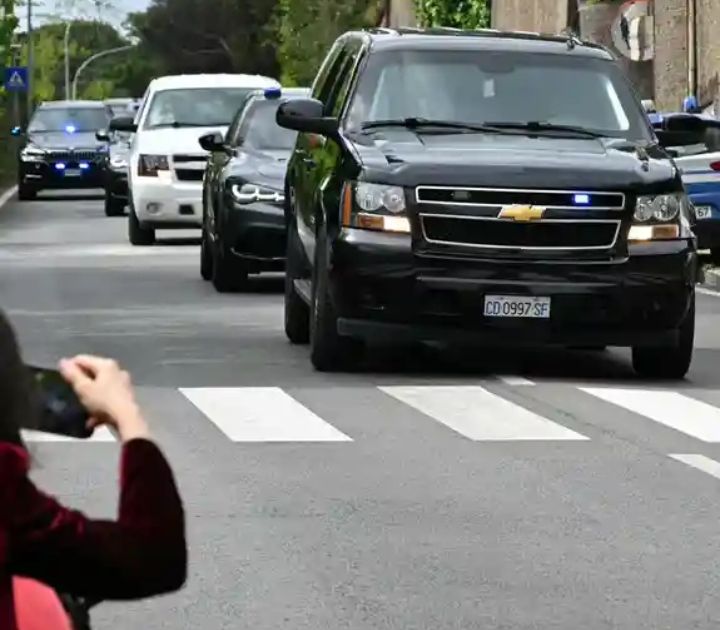US and Iran resume high-level nuclear talks, with cautious optimism despite ongoing tensions and unresolved issues over uranium enrichment and sanctions.
US and Iran Resume High-Stakes Nuclear Talks Amid Tensions


The United States and Iran resumed a second round of discussions on Saturday concerning Iran’s nuclear program—an issue that has sparked longstanding concerns among the US and its Western allies, who suspect Tehran’s intentions involve the development of nuclear weapons. Iran, however, continues to deny these allegations, maintaining that its nuclear pursuits are strictly for peaceful purposes.
The current discussions, facilitated by Oman, are being held in Rome and follow a round of negotiations in Muscat just a week prior. Those initial talks were characterized by both parties as “constructive,” suggesting a cautiously optimistic tone as they reconvene.
These diplomatic efforts are unfolding amidst a tense international backdrop. US President Donald Trump has previously issued stern warnings, including threats of military intervention should diplomatic efforts fail to yield a satisfactory agreement. Nevertheless, his tone appeared somewhat more conciliatory on Friday when he stated, “I’m for stopping Iran, very simply, from having a nuclear weapon.” He went on to add, “I want Iran to be great and prosperous and terrific,” hinting at a potential willingness to strike a deal.
The discussions, which involve US Middle East envoy Steve Witkoff and Iranian Foreign Minister Abbas Araghchi, mark the highest-level engagement between the two nations since President Trump unilaterally withdrew the US from a landmark 2015 nuclear agreement in 2018. That accord had placed limitations on Iran’s nuclear activities in exchange for relief from some economic sanctions.
Following the US’s exit from the agreement, Iran initially continued to comply with its terms for an additional year. However, it eventually began breaching the deal’s stipulations, notably by enriching uranium beyond the allowed thresholds. Iran is currently enriching uranium to a 60% level of purity—significantly above the 3.67% cap imposed by the 2015 deal, though still below the 90% enrichment level required to produce weapons-grade material.
In an interview published Wednesday in the French newspaper Le Monde, Rafael Grossi, Director General of the UN’s International Atomic Energy Agency (IAEA), remarked that Iran was “not far” from acquiring the capability to produce a nuclear bomb.
Initially, Witkoff had demanded only that Iran return to the enrichment limits set by the 2015 deal. However, his stance has since shifted to calling for a complete cessation of uranium enrichment—a demand Araghchi has categorically refused.
While other contentious issues remain unresolved, such as Iran’s missile program and its support for militant groups opposed to Israel, Iranian officials have insisted that the talks remain narrowly focused on the nuclear program and the lifting of US sanctions.
Araghchi has indicated that a deal with the US is “likely,” provided Washington refrains from making what he described as “unreasonable and unrealistic demands,” though he did not go into further detail. He expressed a willingness to consider concessions regarding the scope of the nuclear program and uranium enrichment levels, contingent on the lifting of US-imposed sanctions.
“Although we have serious doubts about the intentions and motivations of the American side, in any case, we will participate in tomorrow’s (Saturday’s) negotiations,” Araghchi stated during a press conference in Moscow on Friday.
Iran has consistently asserted its right to pursue a nuclear program, emphasizing that it is intended solely for civilian purposes.

 বাংলা
বাংলা  Spanish
Spanish  Arabic
Arabic  French
French  Chinese
Chinese 
